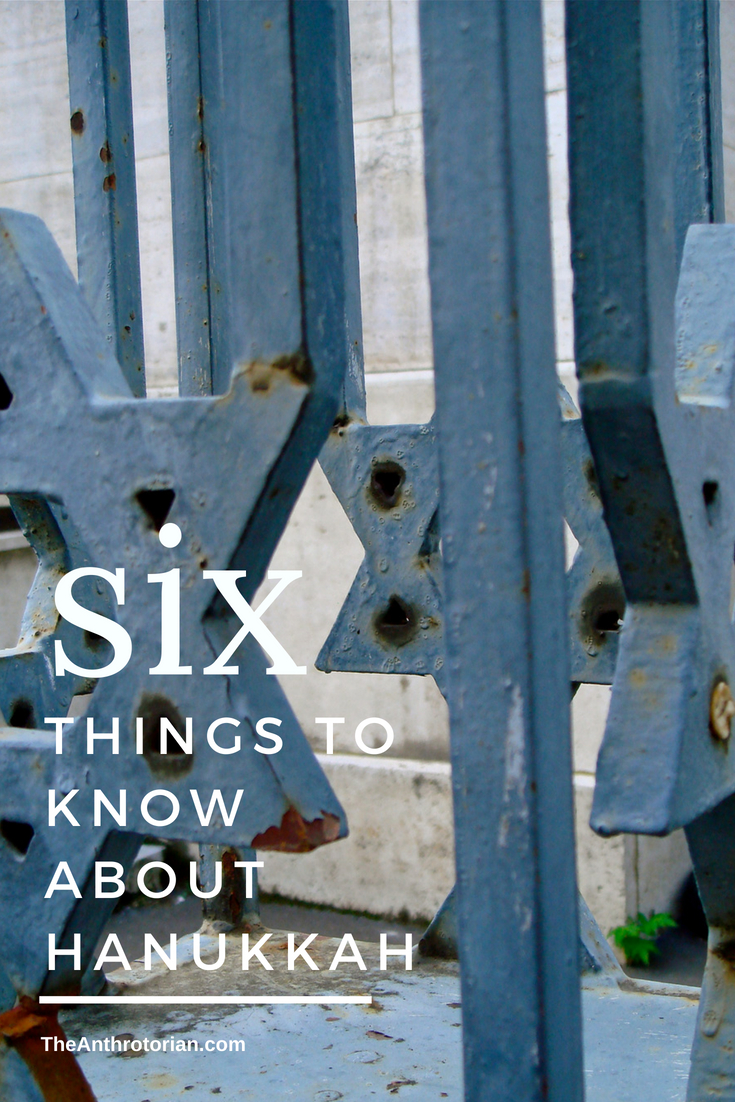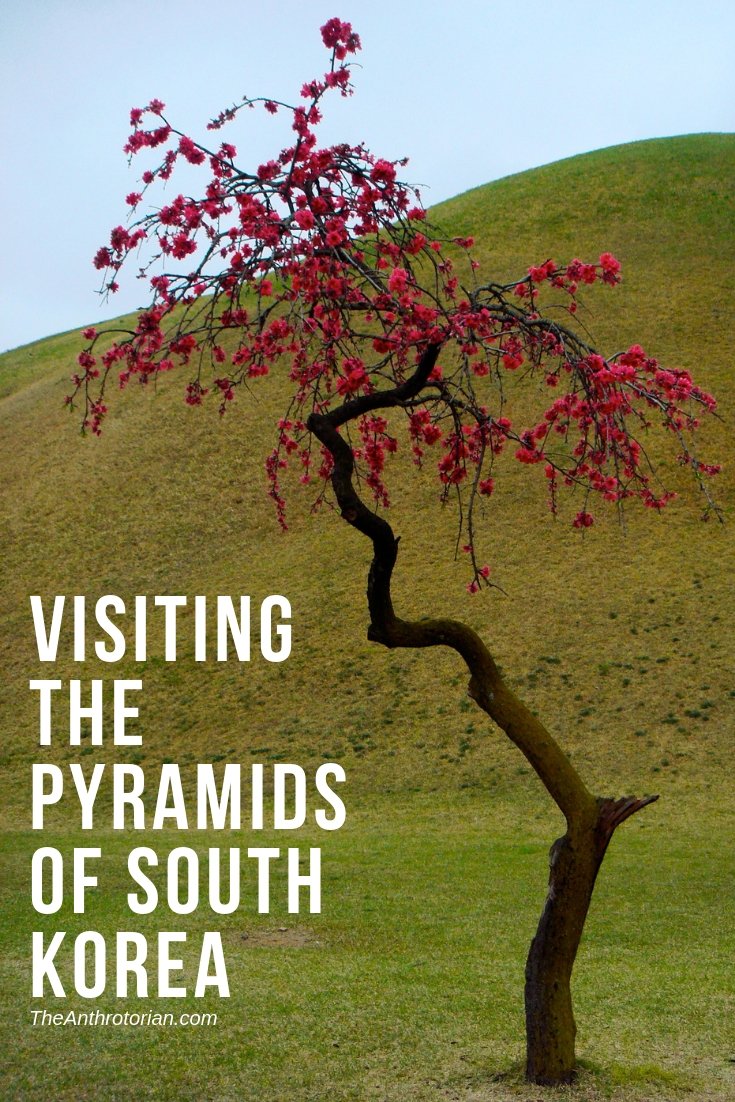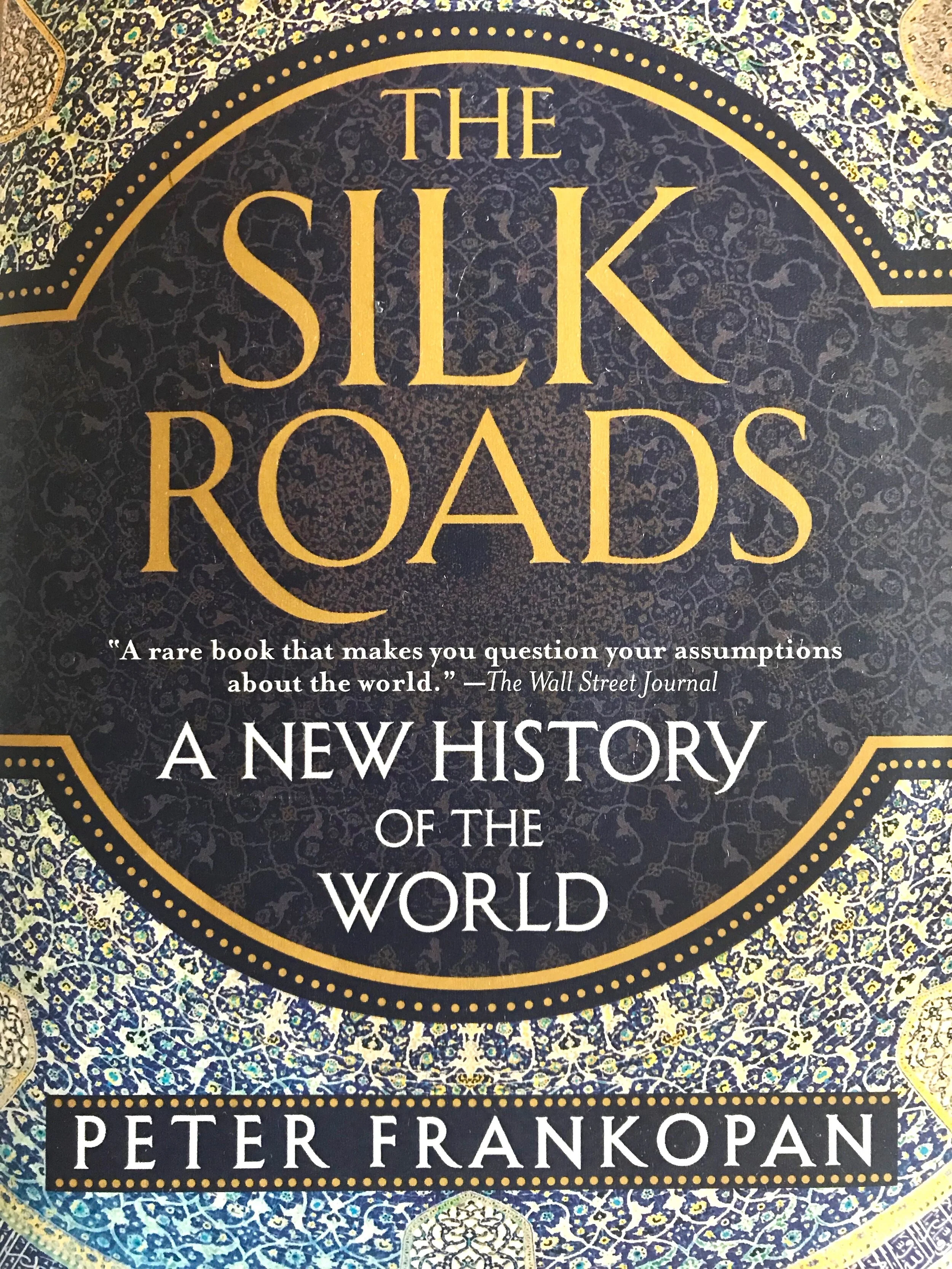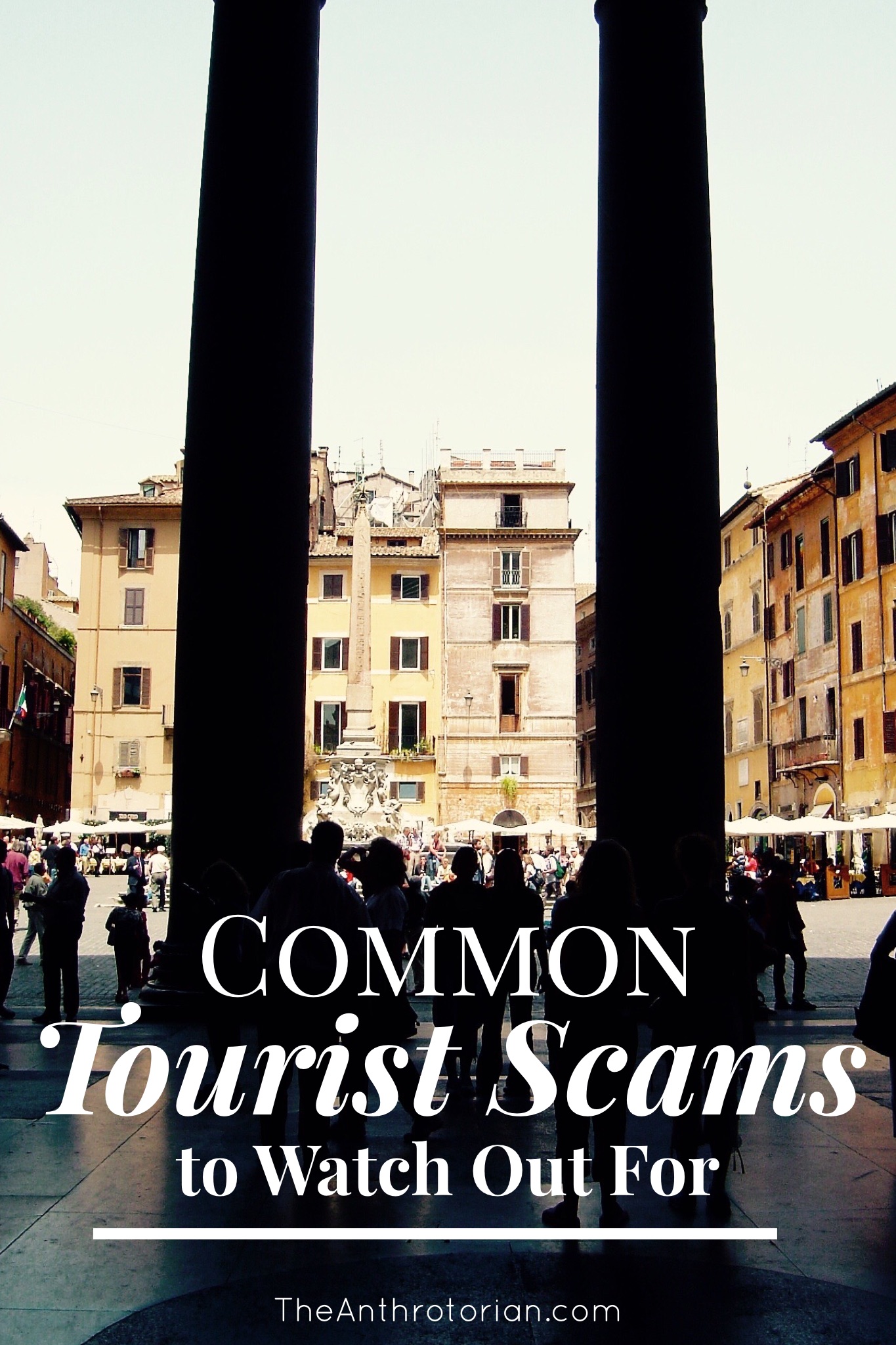If you think learning a second language as a native English speaker is hard, be grateful that it isn't English that you have to learn! I never realized how complicated my own language was until I started teaching ESL in South Korea.
Read MoreMacarons! The History of These Beautiful French Treats
The first time that I ever saw a macaron was 14 years ago in Paris and I wasn't really sure what I was looking at.
Why?
Well, these tasty treats (which hadn't made it into the cafes and bakeries at home yet) are very brightly colored, often neon green, pink, yellow, and even blue.
Read MoreReads For The Road: Beyond Belief—My Secret Life Inside Scientology by Jenna Miscavige Hill
If you read one book this year, make it this one.
Published in 2013, Beyond Belief: My Secret Life Inside Scientology and My Harrowing Escape is an absolutely fascinating first-hand account of what life inside the little-known world of Scientology is really like.
Read More6 Things To Know About Nelson Mandela
In 2013, the world lost an incredible man who united a nation and created groundbreaking change in his country.
It would take years to write about everything that this man did in his life, but here are six things that are interesting to know — and important to never forget — about Nelson Mandela.
Read More6 Things To Know About Hanukkah
1. This Jewish holiday always runs for eight days starting on the 25th day of the Jewish month of Kislev.
2. It began during the rule of Antiochus IV who desecrated a Jewish temple by sacrificing pigs on the altar (check out my post What Does Kosher Mean Anyway? to find out why this was a big deal). The Jewish people banded together and revolted, taking the temple back. At the time of rededication there was almost no oil left that had not been desecrated, and oil was needed for the menorah that was supposed to burn through the night. Though there was only enough for one day, it burned for eight and as a result, an eight-day festival was declared to celebrate the miracle.
3. The only religious observance related to this holiday is the lighting of candles arranged in the candelabrum (menorah). They are lit from right to left (like how the Hebrew language is read) and can be lit anytime after dark before midnight. The candles can be blown out 1/2 an hour after they are lit or can be left to burn out on their own.
4. Giving small gifts on each day of Hanukkah is not a part of the religious ritual, but is an influence from the Christian tradition of gift-giving at this time of year. Because of its close proximity to Christmas, Hanukkah is often called the Jewish Christmas.
5. Fried food is eaten during this time of year because of the significance of oil to the holiday.
6. The game played with a dreidel at this time of year is actually a gambling game — it is not just a child's toy!
Pin Me!
To Kiss Or Not To Kiss? Your Guide To Cheek Kissing Etiquette
Social greetings can be hard enough to navigate when in a different country (do you shake hands, hug, bow... ) but when social kissing gets thrown into the mix (especially when kissing is not the norm where you come from) things can get VERY confusing.
When do you kiss?
How many kisses?
Left cheek? Right cheek? Both? Ahhhh!!!!
(You can see why social kissing can lead to serious social anxiety.)
Oh, and to make matters worse, not only are there different rules in every country, there are different rules in every city in every country... sigh...
Feeling overwhelmed? Here are a few simple, general rules to help you out:
Don't kiss people you don't know unless you are introduced to them in a social environment.
It is usually right cheek first, but be prepared to change direction at the last minute. (NOTE: A sense of humor is useful for an accidental meet-in-the-middle moment)
Sound effects, air kissing, and leaving behind saliva are to be avoided AT ALL COSTS!
Don't linger and keep your hands WELL above the waist.
When in doubt, let the other person take the lead.
Cheek kissing is very common in most of Europe, the Mediterranean, Latin America, the Middle East, Quebec (in Canada), and in parts of the US. Here are a few places you will encounter this custom:
UNITED KINGDOM: Cheek kissing is not very common, outside of close family and friends, except for amongst the upper and middle classes (usually in London) and is historically considered to be a French practice.
FRANCE: The French seem to enjoy two kisses — once on each cheek called faire la bise — starting on the left, though a popular French joke states that you may recognize the city you are in by counting the number of cheek kisses as it varies widely across the country.
SPAIN: Spaniards like the two-kiss rule, often starting with the right cheek.
NETHERLANDS, BELGIUM, AND SWITZERLAND: Cheek kissing is a common greeting between relatives and friends. Usually, three kisses are exchanged.
MIDDLE EAST: Cheek kissing in the Arab world is common between friends and relatives. However, cheek kissing between a male and female is usually considered inappropriate, unless they are related or married. Cheek kissing in Turkey is also widely accepted.
PHILIPPINES: Cheek kissing or beso is a common greeting. But, it is important to note that the Philippine cheek kiss is a cheek-to-cheek kiss, NOT a lips-to-cheek kiss.
LATIN AMERICA: In this part of the world, cheek kissing is a universal form of greeting between a man and a woman or two women. It is not necessary to know a person well or be intimate with them to kiss them on the cheek.
QUEBEC (CANADA): In Quebec, cheek kissing is referred to as un bec. People of the opposite sex often kiss once on each cheek. Cheek kissing between women is common, but not between men.
NORTH AMERICA: Cheek kissing is common in large cities with a European flare, in the southern United States, and among immigrant groups that have carried their customs over from their native countries. This type of greeting is, almost exclusively, performed only among friends and family.
So, to kiss or not to kiss? When in doubt, don't. Good luck!
Pin Me!
Why You Should Never Tell Men From The UK That You Like Their "Pants"
I and two of my closest friends had taken the long flight from Canada to the UK (specifically York) to be the bridesmaids for our childhood pal. A fellow Canadian, she was marrying the love of her life — a ginger-haired lovable guy from Scotland.
The days leading up to the wedding were a whirlwind of last minute shopping, events, decorating and general wedding preparations, giving very little time to get to know the Scottish/English side of the family that would be attending the wedding.
The ceremony was held in a beautiful stone building at the edge of the lush, green museum grounds, and after the "I do's" we all filtered out into the courtyard to sip champagne, and mingle.
Embracing the chance to finally get to know some of the groom's friends and family, I approached a group of dapper looking gentlemen to introduce myself. One was wearing a pair of vibrantly colored plaid pants, and thinking that it was the perfect icebreaker, I walked up to the group and said,
"I noticed your pants from across the room, and I have to tell you that I love them! They are fantastic!"
The man to his right spit his beer out and started laughing. The one to his left covered his mouth with his hand trying to hide his amusement, while the man that I had spoken to — the one with the FABULOUS pants — just looked at me a bit wide-eyed.
Confused at their reaction, I could feel myself turning red and said again, "Really, those are great pants!"
Now all three of them were laughing.
Really confused, and now the color of the nearby roses, I was debating running away when one of the VERY kind groomsmen leaned over from the group next to us and whispered, "In the UK, 'pants' mean underwear or panties."
Shit.
I had just told the groom's uncle that I liked his underwear.
After I closed my mouth, I turned to the laughing men and sheepishly said, "TROUSERS, I like you TROUSERS."
Then shrugging, I pointed at myself and said, "Canadian, not my fault!" and walked away in search of people who understood my own language...
Walking past a group of kilted men on the way to the bar I had an "Aha" moment, as I realized that all the groom's friends who had been telling me that they weren't wearing "pants" (duh I had thought, I can see that you are in a skirt), were actually telling me that they weren't wearing...
























